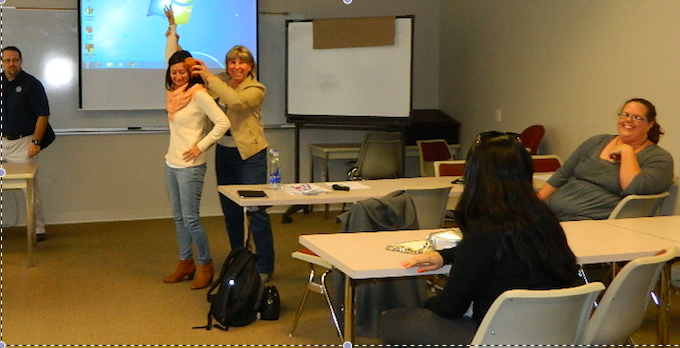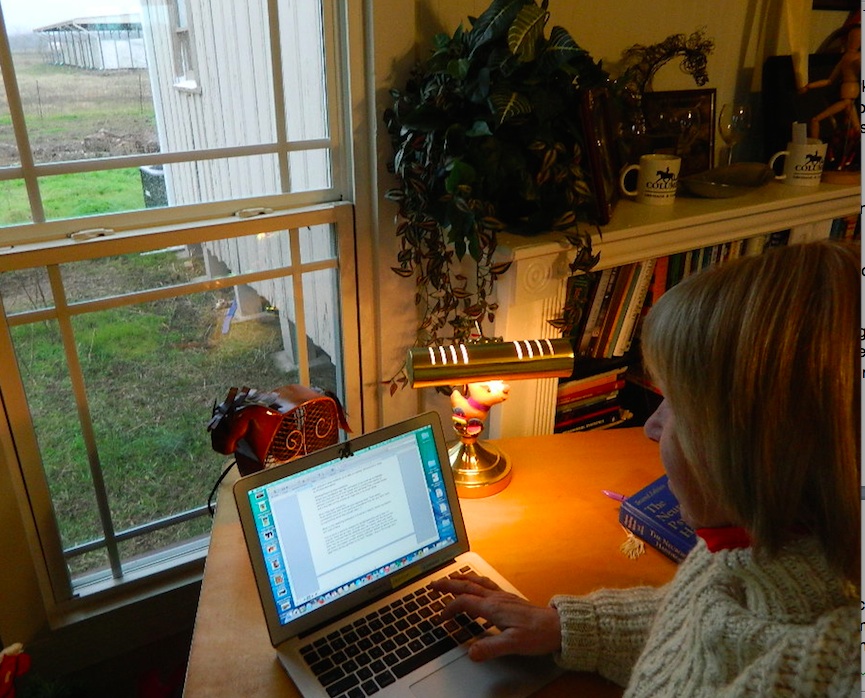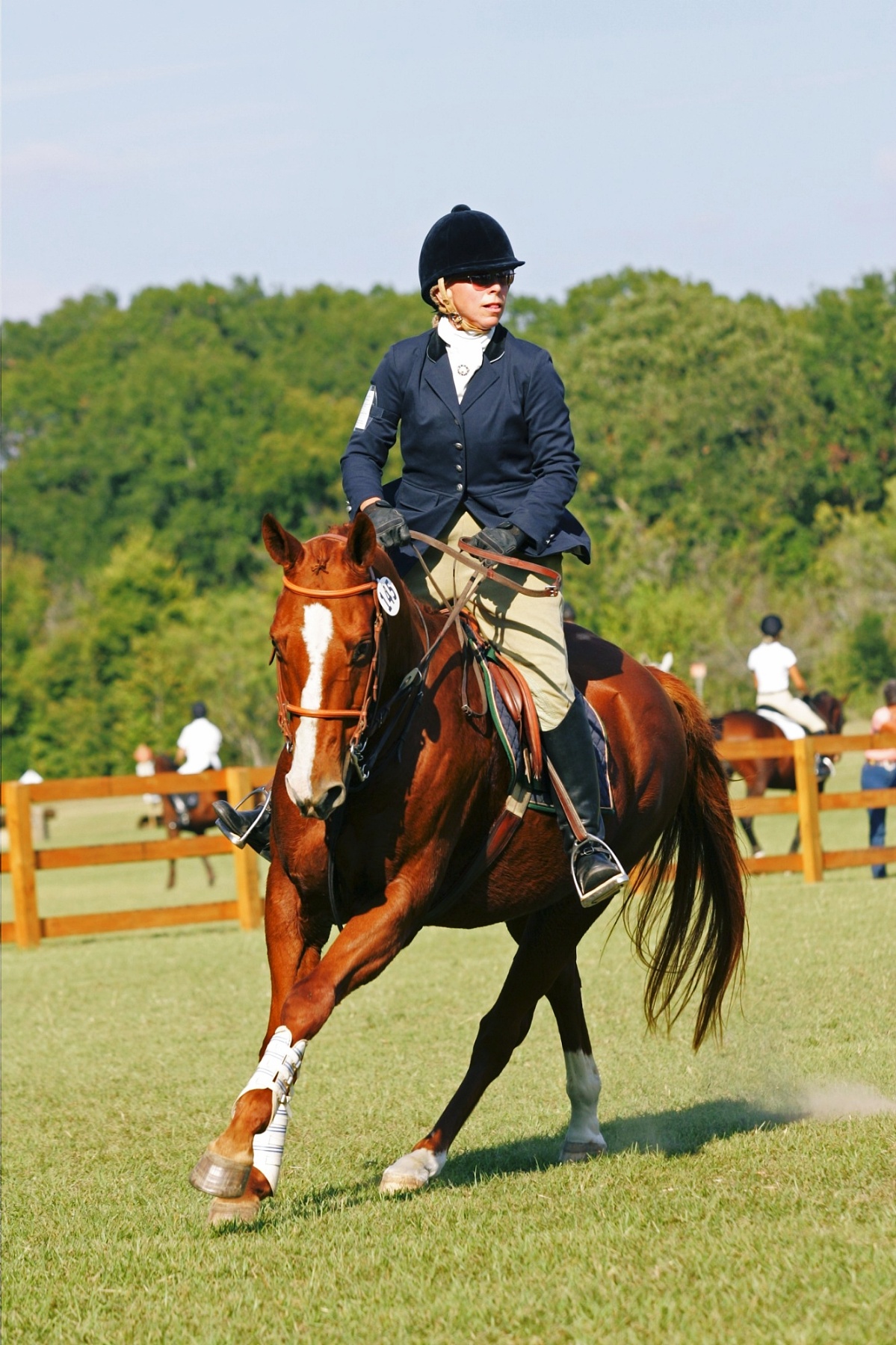 School Name: University of Houston-Victoria
School Name: University of Houston-Victoria
Type of University: Small Liberal Arts School
School Locale: Multiple locations. We have three sites, two in the suburbs of Houston and our main campus in Victoria, Texas, which is a small town.
Classes I Teach: Biological Psychology, Learning, Animal Behavior, Social Biology, and Sport Psychology consistently, and Methods, Statistics, Human Sexuality, I/O, History & Systems, and Psychopharmacology occasionally. This is a small school, so we have to be diverse to allow variety in student electives.
What's the best advice about teaching you ever received? Dr. Cross at St. Louis University noted to stay focused on the goal of any instruction or assignment. Also, my mentor Mr. Perkins who supervised my student teaching when I earned my Secondary Teaching Certificate in chemistry and biology, told me not to be afraid to admit that I don’t know the answer to a student question. The students respect honesty and realize that no one knows everything. “I don’t know, what an interesting idea” is one of my very common answers to student questions.
What book or article has shaped your work as a psychology teacher?
I read the journal Teaching of Psychology, but most of my inspiration comes from my own teachers, the good and the bad. I model myself on the instructors I admired and respected.

What’s your favorite lecture topic or course to teach? I actually have two favorite areas to teach: brain physiology and learning. These two combined pretty much sum up psychology. The biological basis of behavior (physiology) and the input of the environment (learning), reflect nature AND nurture.
In terms of a favorite topic, my favorite is probably operant conditioning... I teach this in a very hands-on approach using a diagramming procedure that the students use for each paradigm. Once they catch on, they become pretty good at determining if they have made a mistake in their assessment of a situation and they then self-correct. I have students call me years later and tell me that I am helping raise their kids via the information they learned in class. Many students have previously been bored out of their minds with the topic of operant conditioning, and enjoy a different approach.
Describe a favorite in-class activity or assignment: One favorite exercise is related to diagramming operant conditioning. We split into groups to diagram reasons why someone would exhibit a “stupid behavior.” Then I put on the board "I stay in an abusive relationship." There are lots of murmurs, "I wouldn't, I would leave, etc." The students then come up with at least three reasons per group why someone would stay in an abusive relationship. When we put our results on the board they find out they have to write very small because we completely cover the board with many more than three example contingencies per group. When we finish, someone will note that the behavior isn't "stupid" at all. This is an excellent exercise to reinforce that all behavior must be viewed from the point of view of the person/animal involved and not our own. In addition it helps encourage a more gentle judgment of the behavior of others.
What teaching and learning techniques work best for you? I try to mix things up using lecture (gasp!--I think it works, and that is why it has been around so long), lots of demonstrations, examples the student can relate to from their own lives, and then student practice. I change my techniques to fit the material. Similarly, depending upon the material, I use pop quizzes to keep students up to date on reading, practice in-class or at home to encourage integration and primarily exams for assessment.
I generally give four exams and a cumulative final in my classes. If the students are happy with their grade having taken the four regular exams I let them skip the final. I always thought it was pointless to take finals after I had already demonstrated that I knew the material. Some say finals measure retention, but in my view, that would only be true if we did a “pop” final that was a surprise. Otherwise, students who cram for exams will just cram for the final, too. If my students want to demonstrate at the end of the semester that they have learned material they previously missed, the option of the final is available. Dropping an exam also relieves me from being judge and jury regarding student excuses for missed exams. If they miss one I ask no questions and automatically count it as excused but they then need to take the final. This is probably the most common piece of advice I give junior faculty.
 What’s your workspace like?: My workspace is as varied as my classes. I work from home for my on-line classes, and I share office space on campus. Currently I can see my bottle-fed calf Sweet Pea, a couple of horses, and a hay field out my window as I type this in my home office.
What’s your workspace like?: My workspace is as varied as my classes. I work from home for my on-line classes, and I share office space on campus. Currently I can see my bottle-fed calf Sweet Pea, a couple of horses, and a hay field out my window as I type this in my home office.
What are three words that best describe your teaching style? The three words that consistently come up in my teaching evaluations: Fair, fun, and hard. Hard is a good thing since they actually learn!
What is your teaching philosophy in eight words? Share my passion and treat all students fairly.
Describe a personal teaching disaster (or embarrassment): There are so many to chose from! Once I walked into the lecture hall and was confused that the students were not in every other seat, every other row, for our exam. I said “Come on guys, you know the drill.” Once I got every one seated correctly another instructor walked up behind me and said “How did you get them to do that?” Whoops, I was in the wrong room! Much laughter followed, I took a bow, and scurried away. Really, I am not clueless. There were a lot of familiar faces in this class that overlapped with my own.
What is something that students would be surprised to learn about you? That I actually use what I teach. I travel the country and abroad to give clinics on how to train horses using the material from my learning class. Several of my horses have been national champions. I also train other animals the same way. For example my cows come when called and exhibit some rather "un cow-like" behaviors like giving me hugs and kisses. Some past students have seen photos of me in barn clothes working cattle and they ask if it is actually me since I clean up pretty well for class.
What are you currently reading for pleasure? Neuroscience and the Law, (guess I really am an über-nerd!). And of course, equine periodicals like Equus.
What is a technology tool you could not live without? Blackboard, since I teach multiple classes using it.
What's your hallway chatter like? Issues related to our university’s multiple locations and transitioning from an upper-level institution to include freshmen and sophomores.
